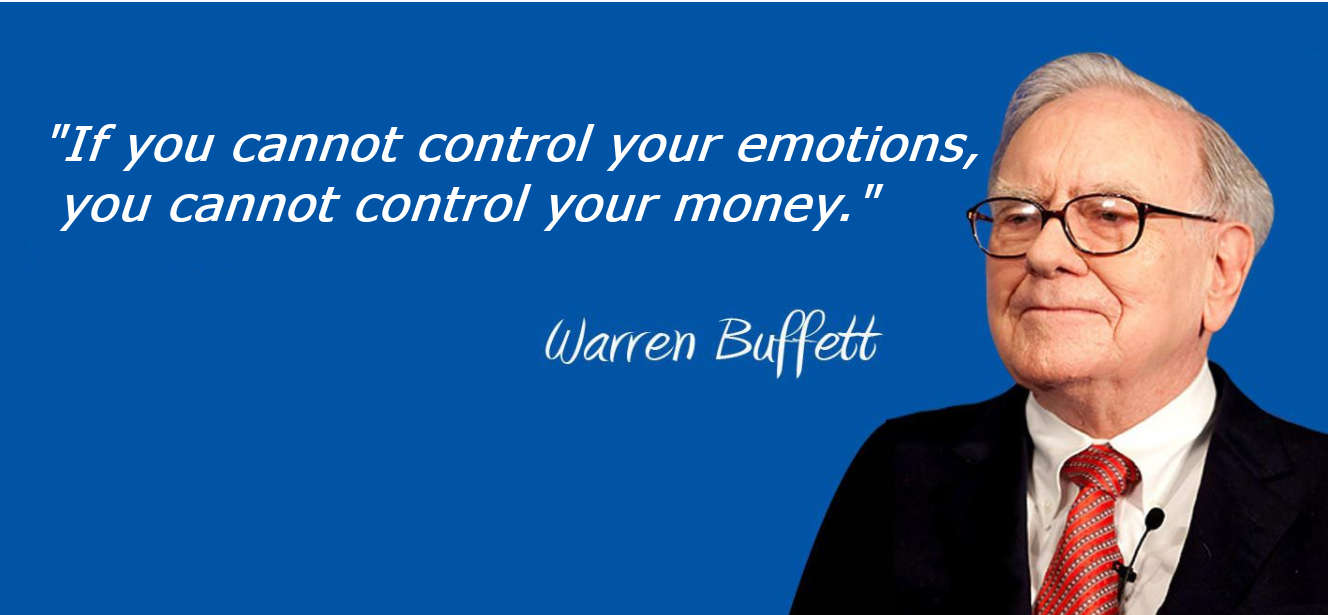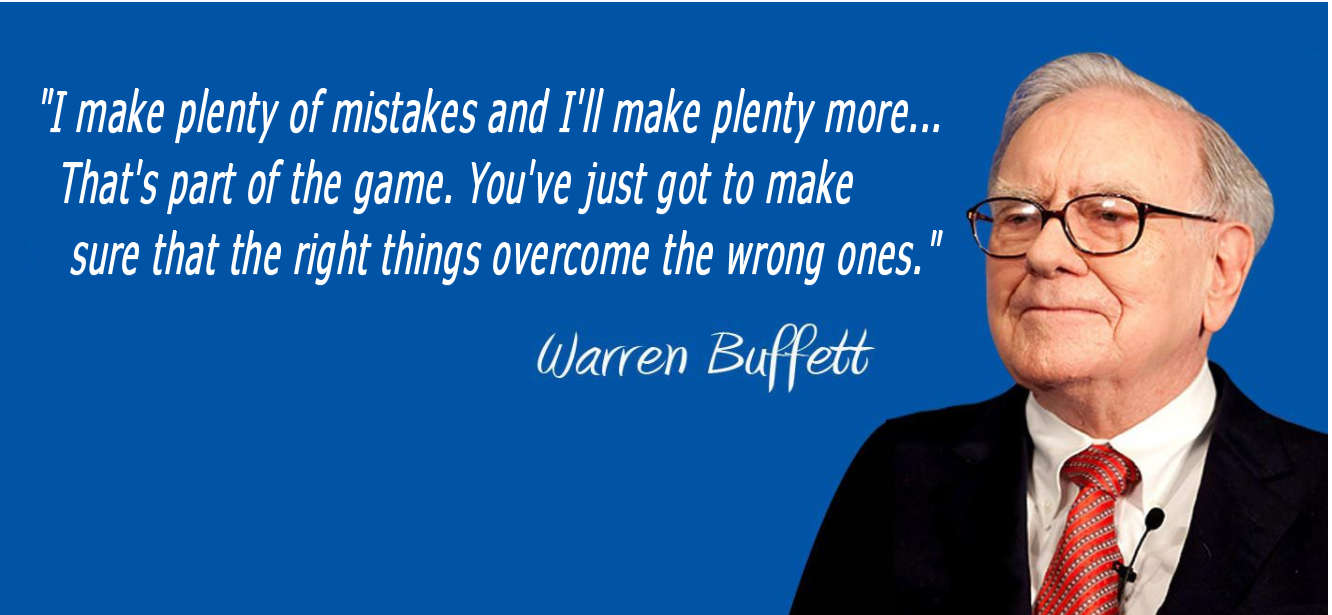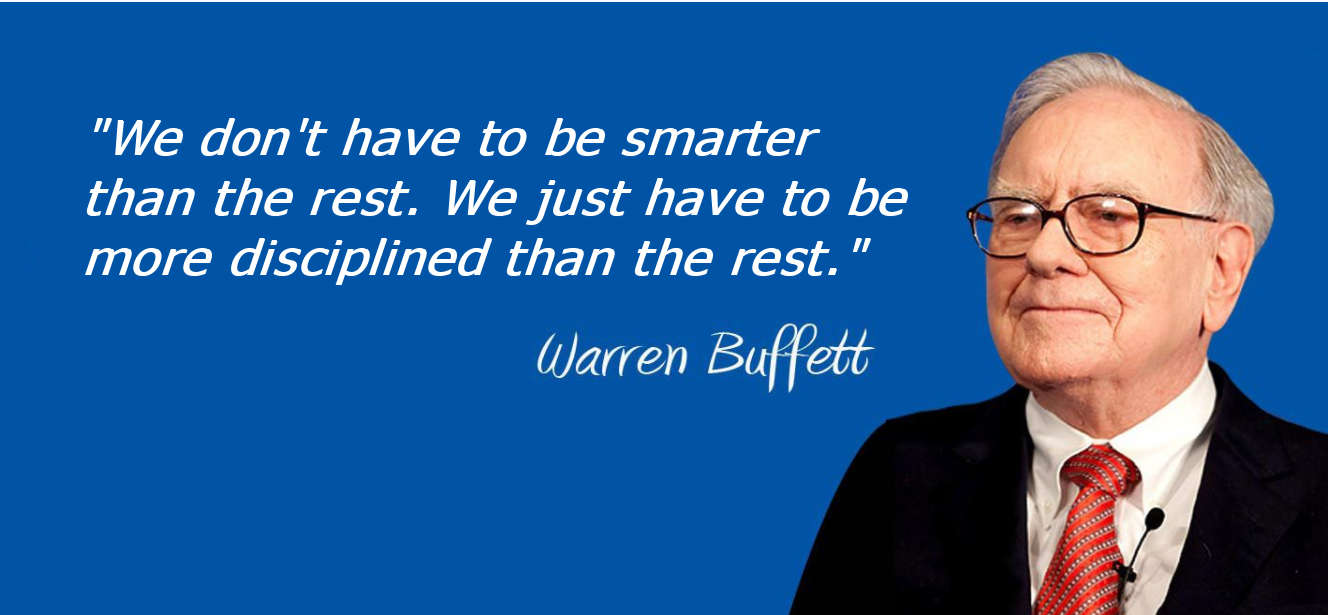Which factors contribute to healthy trading psychology?
Two of the greatest motivators of trading psychology are Fear and Greed. Unfortunately, many traders fall victim to their enticement and end up making disastrous mistakes. But by getting your emotions under control you can follow the sage advice of Warren Buffet and “Be fearful when others are greedy and greedy when others are fearful”.
Understanding Fear
Fear is a natural reaction to the unknown and is a great survival instinct but in the great crash of 2008 many traders became paralyzed by their fear. At the same time Warren Buffet saw this as a great opportunity. On October 16, 2008 during the darkest hours of the global financial crisis, billionaire investor Warren Buffett published an op-ed for the New York Times titled, “Buy American. I Am.” The market continued to fall for five more months and Buffet continued to buy. Buffet didn’t time the market he simply recognized bargain-basement prices when he saw them. So while others continued to sell Buffet was buying.
When traders hear bad news about a specific stock or the economy in general, they are naturally concerned. They may become overly concerned, and in reaction, they might sell off assets and sit on the money. They refuse to take any more risks. This is often the time when they should be doing the opposite.
Traders must understand what fear is: a normal response to perceived risk. How you trade will depend on how you manage fear.

Overcoming Greed
On Wall Street, there’s a famous adage that goes, “pigs get slaughtered.” It applies to the practice of greedy investors hanging on to a winning position beyond the point of exhaustion to achieve every last penny. The clever get caught sooner or later, as the trend reverses, and the greedy are exposed.
Greed is a difficult adversary to overcome. It’s typically based on the natural impulse to improve, just a little further. A trader should recognize this inclination and create a strategy based on deductive reasoning rather than whim or instinct.

Snap Decisions
Traders need to think quickly and make quick judgments, but this doesn’t mean to be impulsive. The best way to do this is to have a proven trading system and then follow it to the letter. Don’t make exceptions “just this one time” because you “just have a feeling”. Traders need to remain disciplined enough to stick with their own trading rules and know when to book gains and losses. Emotions can’t get in the way.
For instance, Forex trading in Australia is often seen as a competitive and risky business, but it doesn’t have to be this way. A successful trader will learn from their mistakes and not repeat past errors. The difference between these traders is how they handle failure and what they do after losses. Some people give up when the going gets tough, while others push through and emerge victoriously.
Don’t fear making mistakes as long as you learn from them.

Setting Rules
When the psychological crunch arrives, a trader with established rules who sticks to them will be better off psychologically than someone who trades on hunches or emotion. Establishing limits based on your risk-reward tolerance for when to enter and exit a trade is essential. Set a profit objective and place a stop-loss. It will help you remove emotion from the equation.
You may also choose which specific events, such as a good or bad earnings report, should cause you to purchase or sell a stock.
It’s also essential to set a limit on how much money you’re willing to win or lose in a single day. It’s important to remember that if you reach the profit objective, take the money and go. If your losses rise past a specific point, pack up your tent and return home.
You’ll survive to trade another day, whether you’re buying or selling.

Conducting Research and Reading Reviews
It enables traders to become specialists in the companies and sectors that interest them. Continue to stay up-to-date on the news, educate yourself, and, if feasible, attend trading seminars and conferences.
Make time to study. That means reading charts, speaking with management, studying trade publications, and doing other preliminary research like microeconomic analysis or industry analysis.
Knowledge can also assist you in overcoming your fears.
In summary
Emotional intelligence has been linked to improved trading psychology, such as preventing overtrading, holding on to losing bets longer than necessary, and engaging in less risky behaviour.
You might also like:
Speak Your Mind